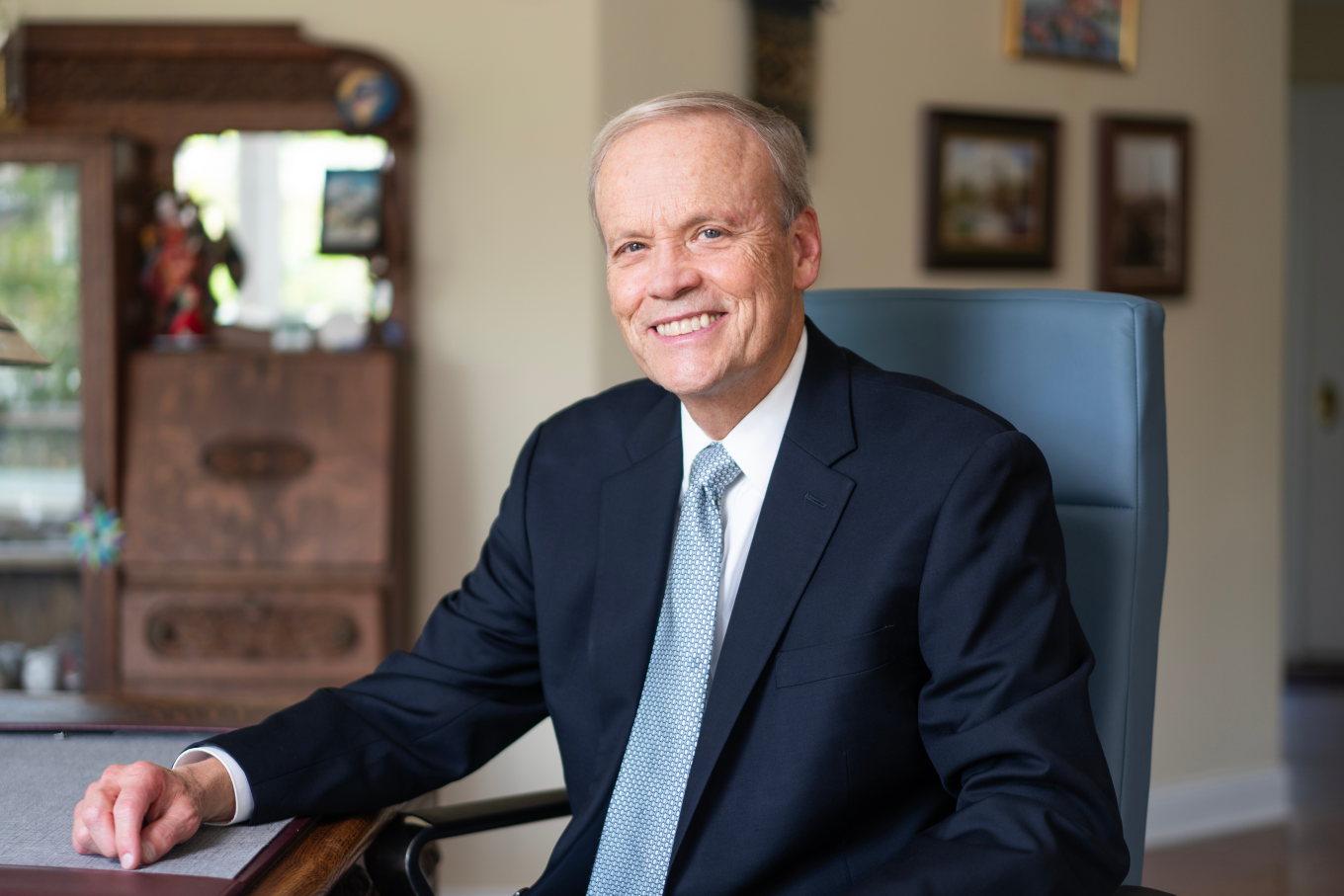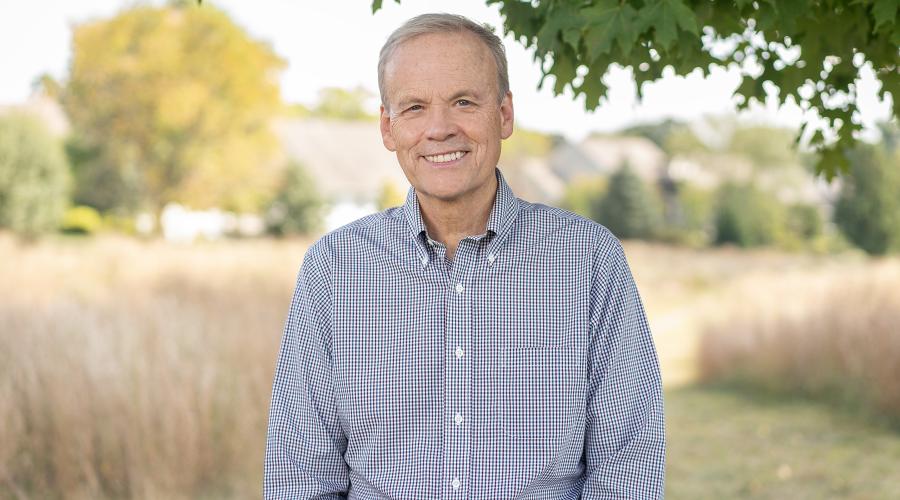
“Seek First to Understand”
Scott Buchheit, M.S. ’77, packed a lot of living into his ILR days, including a stint as a union laborer in Florida, a four-month motorcycle trip across America, and time in the Adirondacks helping the Six Nations Iroquois Confederacy and New York state reach an agreement in an historic land dispute.
Buchheit came to ILR after graduating as a labor studies major at Pennsylvania State University. There, he was told, “If you’re fortunate enough to get into ILR, that is what you want to do.” Buchheit has no doubt that this advice was correct, saying ILR created opportunities, experiences and friendships he would not have had anywhere else.
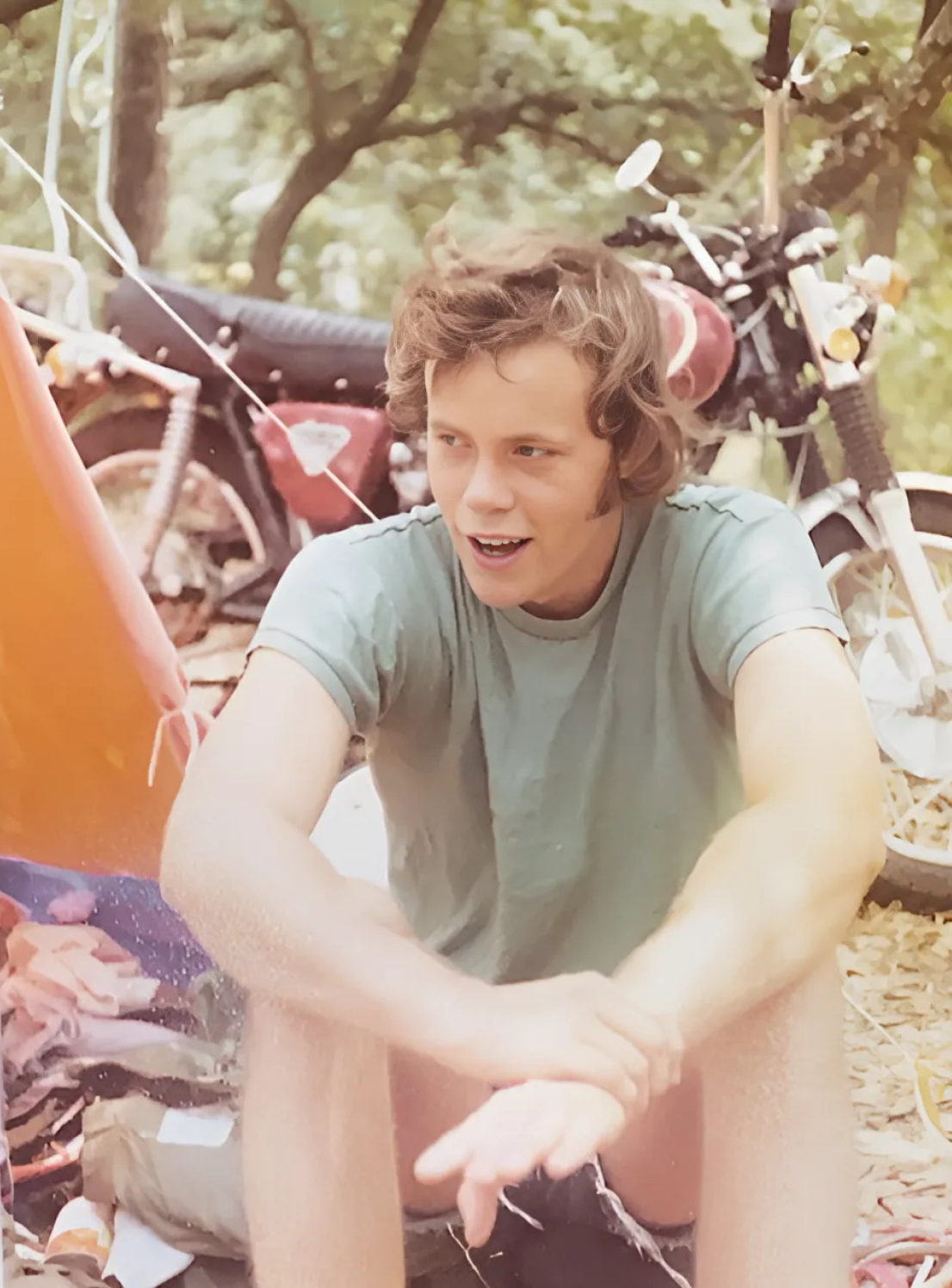
“It was extremely challenging for me from an academic standpoint, but when I got my feet on the ground, I took full advantage of being at ILR, and everything I’ve achieved professionally has flowed from that,” said Buchheit, who has served in thousands of cases from professional sports to the health care industry to education since becoming a full-time arbitrator more than 40 years ago.
“I entered ILR in the fall of 1973, and I did not graduate until 1977, but I used my time well,” said Buchheit, who took his first leave of absence after his initial semester. He was seeking real-world experience, and he got it at a construction site in Fort Lauderdale.
“Working to build a hospital was the most tangible thing that I’ve done in my work life, and I’m very proud of it and the insights I developed. I met and worked with diverse people and learned to value different points of view,” said Buchheit, the 2025 Groat Award recipient.
Money earned on the construction job financed a solo motorcycle trip on a Honda 450. Buchheit visited high school and college friends and enjoyed the camaraderie of other bikers. “I then had many more opportunities to learn from people of different backgrounds.”
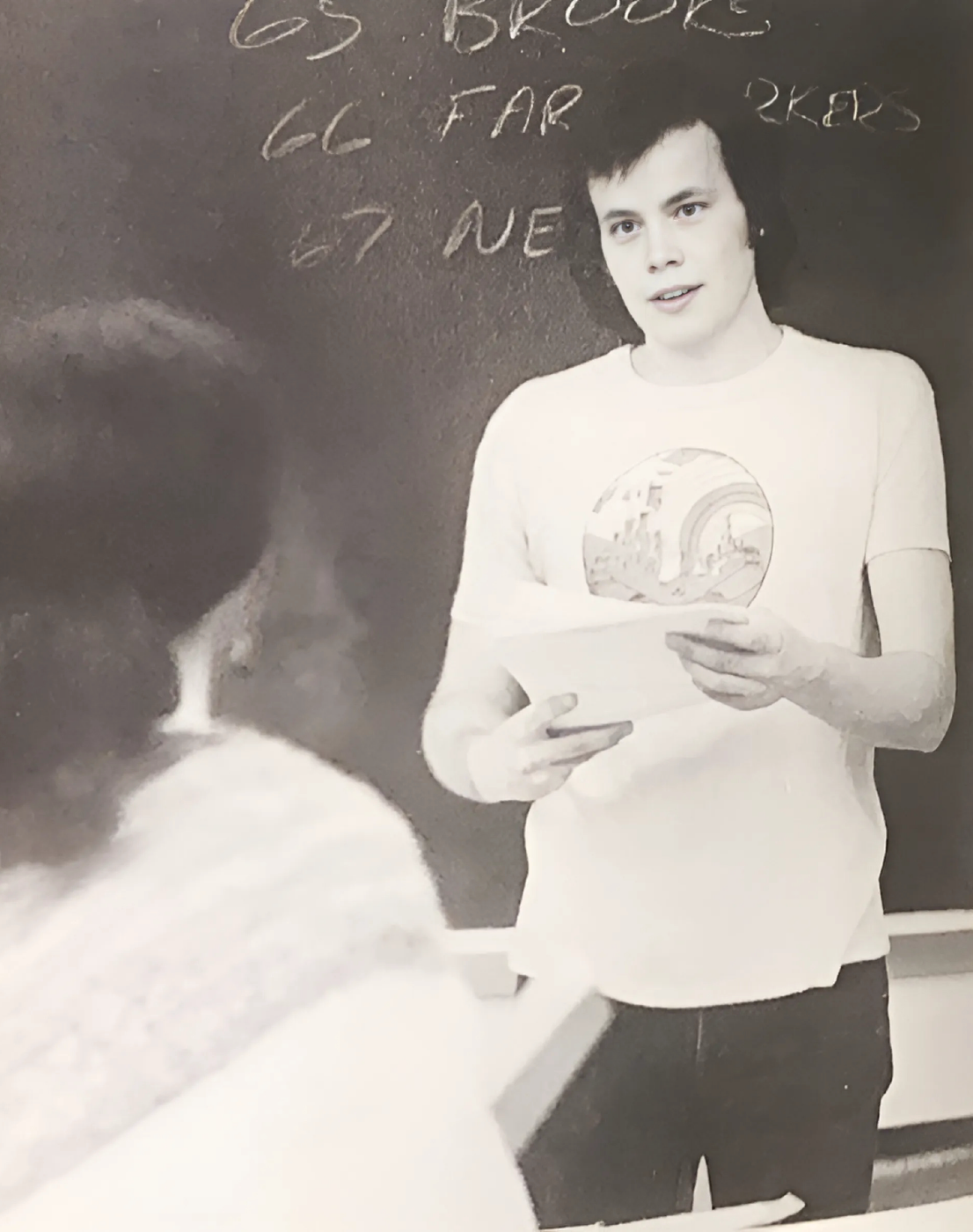
After his motorcycle trip, Buchheit resumed his studies at ILR, working as a teaching and research assistant and bartending at The Nines for a year.
Then, fellow ILRie and lunchtime basketball teammate Marty Scheinman ’75, M.S. ’76, told him about an opportunity in the Adirondacks that would result in a second leave of absence. The American Arbitration Association was hiring a mediator to live near the former Moss Lake Girls Camp, where members of the Mohawk Nation had moved onto their ancestral homeland after the acreage was acquired by New York state. A tense standoff ensued.
Buchheit got the job and lived full-time in the Adirondacks for a year and part-time for another year as a conduit for information that would help the Mohawks, state police and townspeople find common ground. “It was an extraordinary learning experience for me.”
While in the Adirondacks, Buchheit completed his master’s of science thesis on graduate student unionization from 1965 to 1975. “Although I have written many important decisions as an arbitrator, that thesis remains the singular piece of writing of which I’m most proud,” Buchheit said.
“All of these experiences have given me a greater appreciation for different perspectives. That has reaffirmed for me the valuable lesson to seek first to understand, then to be understood,” he said.
After graduating from ILR, Buchheit was a mediator in public-sector labor disputes with the New Jersey Public Employment Relations Commission. He then became a full-time law student at Temple University, studying international dispute resolution at Hebrew University in Jerusalem the summer after his first year. During his second year, Buchheit accepted a position as a field examiner with the National Labor Relations Board, completing his legal studies at night. After graduation from Temple, he became an NLRB field attorney.
In 1983, Buchheit became an arbitrator and has remained one ever since. Although a sole practitioner, he has received much-valued support in his office. Almost from the beginning, Mattia “Matti” Kazelis has been his office administrator and an indispensable part of his practice. Buchheit’s wife, now retired law professor Pamela Perry, has always been willing to contribute to the work of the practice, and his son-in-law, attorney Nathan Milholin, established a virtual component for the practice during the pandemic.
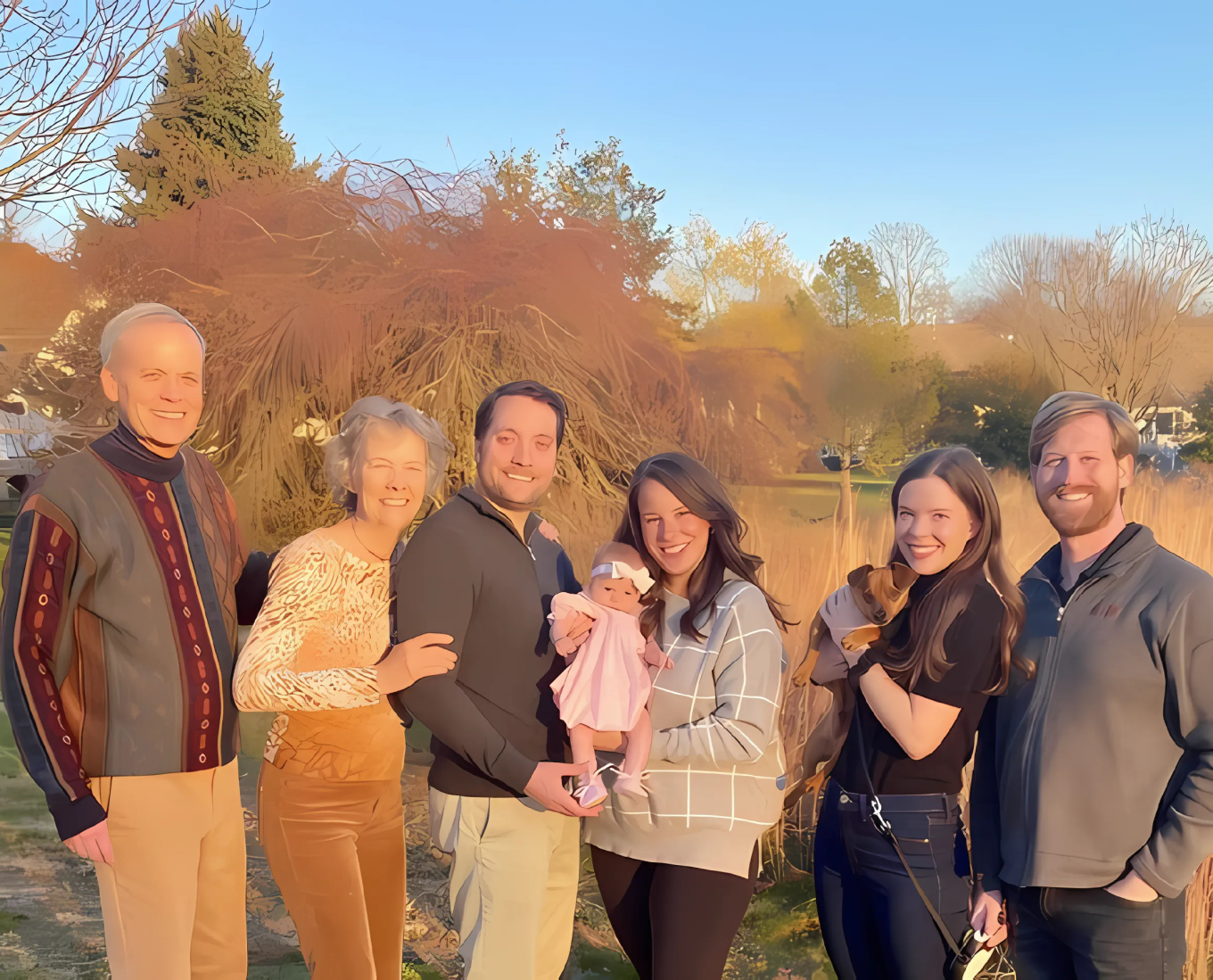
“One thing you learn as an arbitrator is that every case is an important case to those involved. You’ve got to listen carefully and consider respectfully how the parties view what is important in the case. Our job is to do what best assists the parties. For example, in every case, I raise the possibility of settlement, but I don’t push it on them if they do not think it is in their best interests.”
Buchheit is not the only ILRie in his family. His sister, Jody Buchheit Spolar, MILR ’81, and brother-in-law, Steve Spolar, MILR ’80, graduated from the school and have had accomplished labor relations careers. Jody has worked in private, government, non-profit and public-sector organizations, including school districts. Steve has been engaged in labor and employment matters as a lawyer and as an HR executive, and has been involved in regional diversity, equity and inclusion initiatives.
Buchheit is a founding board member of the Scheinman Institute on Conflict Resolution, the world’s preeminent institute focused on workplace conflict resolution. He established the Scheinman Scholars Graduate Scholarship to support the development of an inclusive next generation of neutrals in conflict resolution. He has also been involved in establishing a new introductory conflict resolution undergraduate course.
ILR has a long and proud tradition of its graduates serving as arbitrators, Buchheit said. “And now I want to continue my work with the Scheinman Institute to do the same as others did for me and help develop the next generation of neutrals.”
